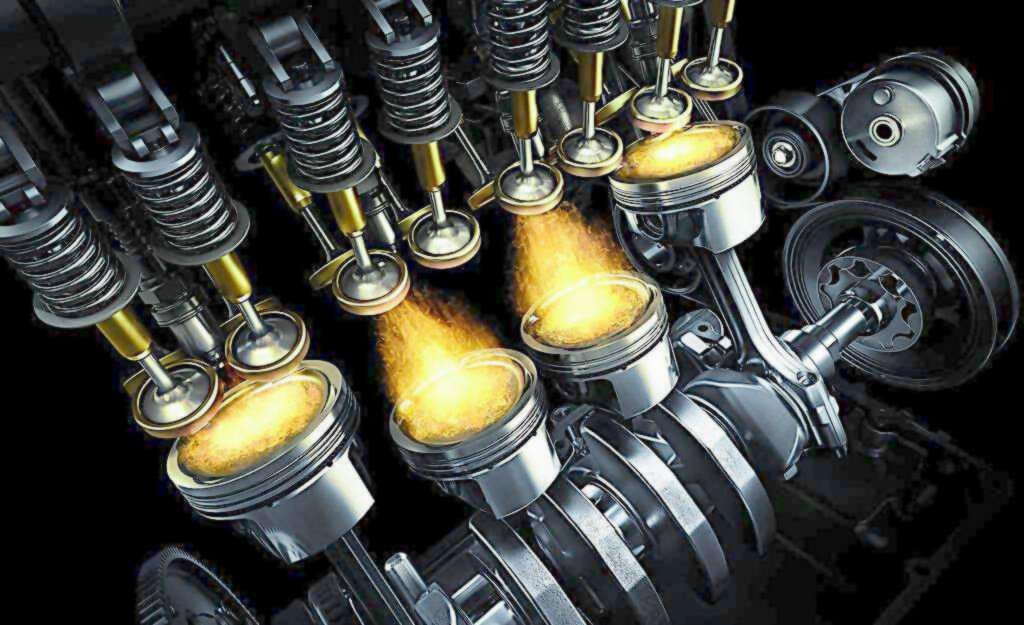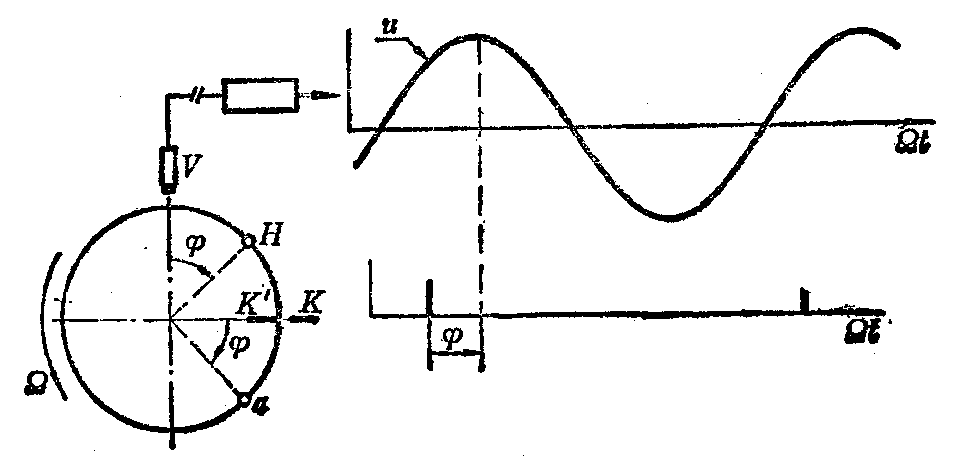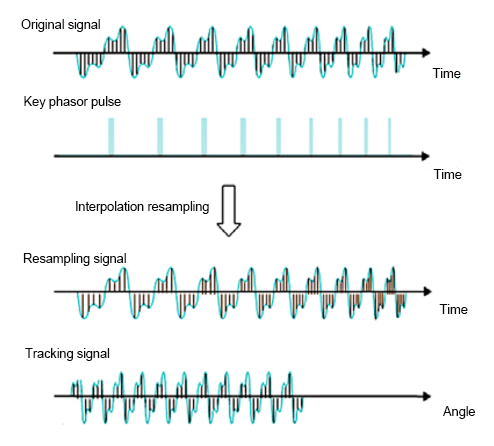Intake system noise has become one of the most important noise sources of vehicles. In addition to having a greater impact on pass-by noise, it is also the main source of car interior noise, which will affect the ride comfort.
The engine intake noise is formed by the pressure fluctuation caused by the periodic opening and closing of the intake valve. During the acceleration and deceleration of the engine, its main frequency component is constantly changing due to the influence of the engine speed. If the testers adopt traditional spectrum analysis, obvious frequency aliasing will occur in the results. Therefore, order analysis will be used instead of traditional method.

Engine noise
Order analysis is an effective method to test non-steady-state signals. It can clearly distinguish the influence of the engine speed on the intake noise and their relationship by using Dynatronic software. Accurate order analysis requires equal-angle sampling of the noise signal, that is to say, the adjustment of the sampling rate must be consistent with the change of the engine speed, so as to ensure that the number of sampling points in the rotation cycle is constant.

The process of order sampling
Order sampling includes two processes. The first process is the equal time interval sampling. In this process, the original noise signal and the tachometer pulse signal will be sampled separately at a constant sampling rate to obtain the synchronous sampling signals. The second process is to obtain the angular domain steady-state signal required for the order analysis through interpolation re-sampling.
